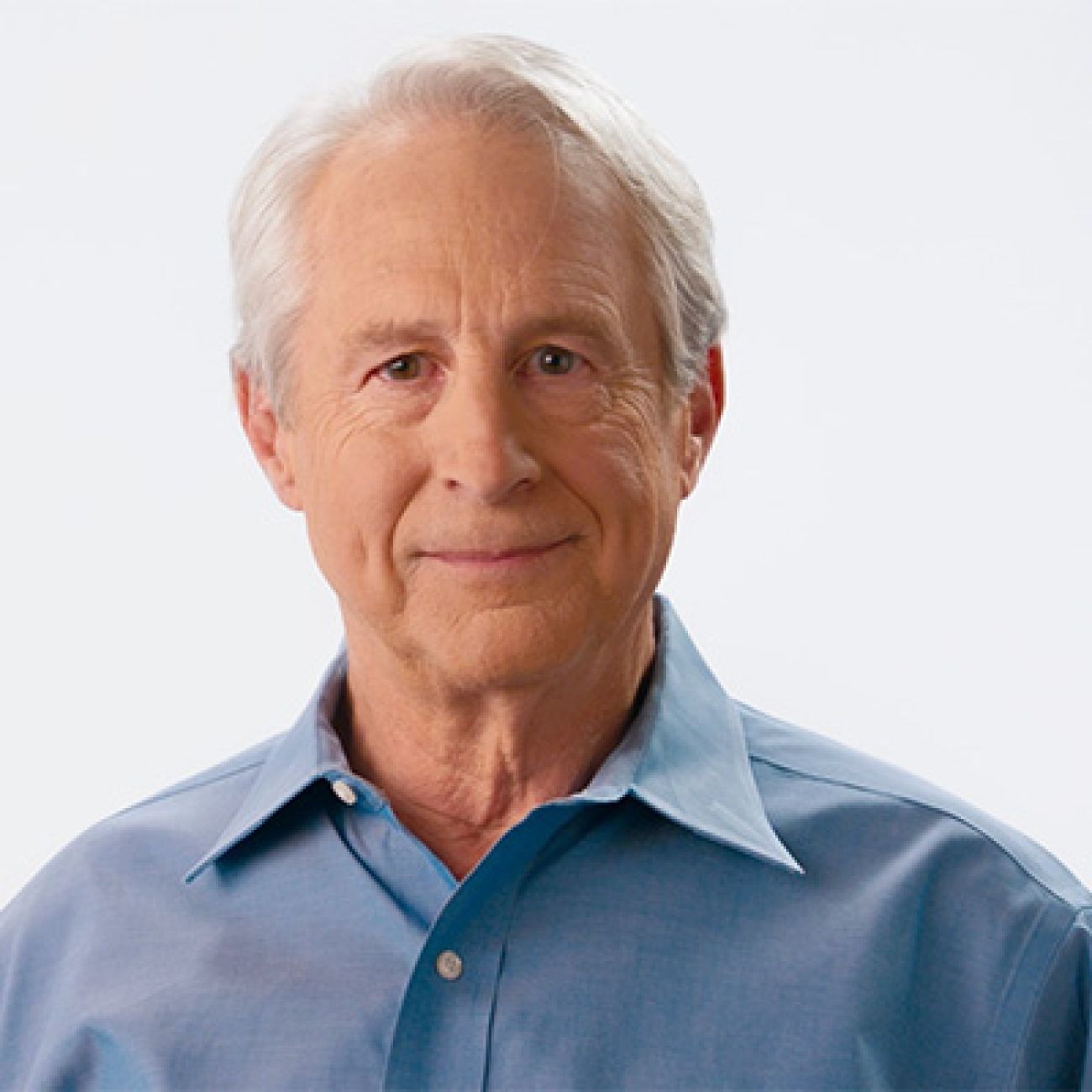Trump ‘warrior’ Mike Rogers takes flak in Michigan GOP primary for U.S. Senate

- Former U.S. Rep. Mike Rogers, endorsed by Donald Trump, is frontrunner among Republican U.S. Senate field
- Challenges from Justin Amash, Sandy Pensler and physician Sherry O’Donnell could make for ‘nasty’ primary, observers say
- Analysts suggest Michigan is competitive, but still a tossup race without stronger fundraising numbers
As Donald Trump revved up fans at an airport hangar rally in Saginaw County earlier this month, he urged his Michigan supporters to back his preferred U.S. Senate candidate — Mike Rogers.
Rogers will be a "warrior" in Washington, where the former congressman is already "tested and highly respected" and will return to work for tougher border security and fight burdensome business mandates, Trump told the crowd.
But in a state where Trump-endorsed candidates got trounced in the 2022 general election, Rogers’ critics contend the former president has again picked the wrong Republican for the fight.
Even as Trump praised Rogers in his recent rally, some fans began chanting the name of long-shot grassroots candidate Sherry O'Donnell. Others had already launched an online petition urging Trump to rescind his Rogers endorsement.
GOP rival Sandy Pensler is running television ads attempting to link Rogers to Democrat Hillary Clinton, and fellow Senate candidate Justin Amash has repeatedly blasted Rogers as a “deep state … establishment stooge.”

Rogers, who has emerged as the frontrunner for the GOP nomination in the high-stakes race to replace retiring Democrat Debbie Stabenow, is enjoying the Trump adulation and appears unfazed by the barbs.
“If you want to beat Democrats, you're going to be for Mike Rogers and Donald Trump,” Rogers told Bridge Michigan. “If you want to fight amongst yourselves, then those other candidates might be appealing, but what we're finding is that's not appealing.”
Trump and Rogers have not always seen eye-to-eye, making their alliance something of an unlikely development.
Rogers, a former chair of the U.S. House Intelligence Committee who has been out of Congress for roughly a decade, sharply criticized Trump and his allies for attempting to overturn 2020 election results and as recently as last year had been mulling a presidential run of his own.
Related:
- Elissa Slokin winning over Senate donors. Her challenge: Win over Black voters
- 2024 Michigan elections updates
- Ask Bridge Anything About Politics
- 2024 Michigan Voter Guide
- Who’s running for U.S. Senate in Michigan
But they now share a desire to seize an opportunity that has eluded Republicans for decades — ending Michigan Democrats’ dominance in the U.S. Senate — and winning in a state where Republicans had until recently been best known for inter-party turmoil.
A ‘nasty race’
Rogers, Amash, Pensler and O’Donnell were the only Republican candidates to file signatures required to make the primary ballot after Stabenow announced she wouldn’t run for re-election and immediately made the seat a top GOP target.

Recent polling suggests Rogers is so far the most popular candidate in the GOP field, though many voters remain undecided.
Still, an increasingly combative Republican primary could complicate Rogers’ coronation and force him to spend campaign cash defending his record to Republicans before appealing to general election voters, observers told Bridge.
“It’s going to become a particularly nasty race, from what we’re seeing very early on,” said Richard Czuba, a longtime Michigan pollster and founder of the Glengariff Group Inc. “It's going to drain a lot of resources that the Republican candidates don't seem to have.”
Among general election voters, Rogers is polling only slightly behind U.S. Rep. Elissa Slotkin, the early frontrunner in a three-candidate Democratic primary, per an April Glengariff Group poll commissioned by the Detroit Regional Chamber.
Rogers contends he’s the Republican candidate best able to reach moderate voters and said he’s focused on providing “real solutions” to pervasive issues.
He told Bridge his top policy goals include securing the U.S.-Mexico border, lowering the cost of groceries, stopping the “economic threat” that China poses to the automotive industry, curbing violent crime and improving child literacy.
Rogers’ Republican opponents aren’t making his path easy, however.
Pensler, a self-funded business executive, has already launched an ad campaign against Rogers and used Rogers’ past criticisms of Trump as political fodder.

Amash, his one-time congressional colleague, recently called Rogers “the worst establishment candidate that you could ever imagine.”
But with the endorsement of Trump and other key Republicans, the primary cycle is “Rogers’ to lose,” said Republican strategist Jason Roe.
With roughly 75 days to go before the Aug. 6 primary, “there’s a lot of room for growth” in name recognition and getting donors to cough up cash, he added.
‘Friends and finances’
Rogers, a Livingston County native, former U.S. Army veteran, FBI special agent and state senator, served in Congress from 2001 through 2014 and chaired the House Intelligence Committee, when he retired to enter the private sector as a commentator and cybersecurity consultant.
He moved to Florida and lived there for several years before returning to Michigan last year.
Rogers told Bridge his current strategy mirrors his past campaigns from close races he won: cover lots of ground, meet voters who don’t know him and collect “friends and finances” to shore up more resources.
“I always run every race I've ever run like I'm 1,000 votes behind, so that part of my campaign strategy just won't change,” he said.
Rogers’ opponents have capitalized on his long record in Congress and the comments he made on CNN and other networks, raising concerns about his work in the intelligence community and, in Pensler’s case, suggesting Rogers helped cover up Benghazi attacks for Clinton in 2012.
Amash, a former west Michigan representative who quit the Republican Party in favor of libertarianism after voting to impeach Trump, has attacked Rogers’ record on individual liberties and recently suggested his past support of surveillance programs will be a “huge liability” among primary voters.
Michigan Democratic Party spokesperson Sam Chan suggested the infighting will leave Republicans with “a badly-damaged candidate who is out of touch with working families.”
Rogers said he isn’t worried.
“I've been telling folks…if they have to be dishonest to get your vote, they're probably not worth your time,” he said, noting his primary focus is beating the Democratic nominee in November.
A tossup state
Stabenow’s retirement opened up a swing state seat as national Republicans make a serious play for control of the upper chamber and Democrats seek to hold their one-seat majority.
The Michigan race has the potential to be one of the most competitive in the country, but it is unique among tossup contests because the Republican primary race remains unsettled, said Jessica Taylor, senate and governors editor for the nonpartisan Cook Political Report.
Lackluster fundraising numbers last quarter mean the onus is now on Rogers to “prove he can raise more money” to tie up the primary and take on Slotkin’s fundraising prowess in the general election, she continued.
Slotkin is currently dominating the fundraising game across both parties, raising $4.4 million and reporting $8.6 million in reserves in last month’s quarterly campaign finance update.
Rogers’ Trump endorsement hasn’t yet translated to a huge influx in donations — he reported raising a little over $1 million and had $1.38 million on hand.
Pensler reported having $2.1 million in cash on hand, but was almost entirely self-funded. Amash, who entered the race in late February, reported raising $478,500 in the month before finance disclosures were due.
Rogers is far from the only Michigan Republican currently suffering from a lack of donor participation as the state party picks up the pieces from recent instability, said Roe, the GOP strategist.
But Rogers’ backers contend recent polling could help turn the tide by proving his viability to potential donors.
“Mike Rogers has done the work,”said Jason McBride, president of the Great Lakes Conservatives Fund, a super PAC that has already spent roughly $2 million supporting his campaign through advertising and other efforts.
“Mike Rogers is the Democrats’ worst fear for the general election.”
Republican candidates for U.S. Senate
Mike Rogers: The Livingston County Republican represented Michigan's 8th Congressional District in the U.S. House from 2001 through 2014. In announcing his campaign, Rogers said he thought he had "put politics behind me" but was inspired to run for U.S. Senate because "something is broken." He recently moved back to Michigan from Florida, is a former FBI special agent and chaired the House Permanent Select Committee on Intelligence.
Justin Amash: The former representative, a Trump critic who quit the Republican Party in 2019, initially formed an exploratory committee for U.S. Senate and on Feb. 29 announced he’d join the GOP primary. If elected, Amash said he'd aim to limit an "overgrown and abusive government that strives to centralize power and snuff out individualism."
Sandy Pensler: The Grosse Pointe Park businessman announced his campaign in December, declaring that America “is burning” so it’s time to “take responsibility and fight like hell.” Pensler, who founded a private investment firm that has operated manufacturing plants, attempted to challenge Stabenow in 2018 but lost in the GOP primary after spending $5 million of his own money.
Sherry O'Donnell: A physician, pastor, author and grassroots favorite from Stevensville, in Berrien County, O'Donnell champions "medical freedom" and opposes a "government takeover of healthcare," among other things, according to her website. She has never held elected office but ran for Congress last year, losing to incumbent U.S. Rep. Tim Walberg in a 5th District GOP primary.
See what new members are saying about why they donated to Bridge Michigan:
- “In order for this information to be accurate and unbiased it must be underwritten by its readers, not by special interests.” - Larry S.
- “Not many other media sources report on the topics Bridge does.” - Susan B.
- “Your journalism is outstanding and rare these days.” - Mark S.
If you want to ensure the future of nonpartisan, nonprofit Michigan journalism, please become a member today. You, too, will be asked why you donated and maybe we'll feature your quote next time!




